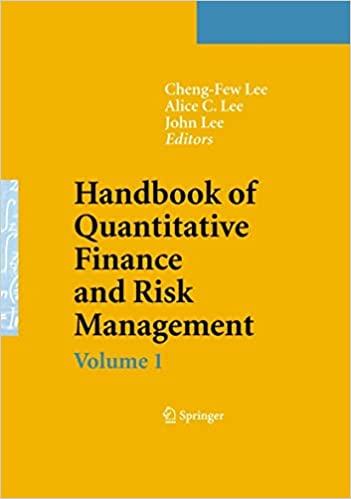Question
Umda University is a privately owned education institution operating in four provinces of South Africa. The council of the university held four meetings during the
Umda University is a privately owned education institution operating in four provinces of South Africa. The council of the university held four meetings during the 2023 academic year ending July 2023, where the following documents were discussed:
(1) Risk register (5 top risks)
| No | Risk | Control | Residual risk | Responsible executive manager |
| 1 | High rate of failure in all undergraduate degrees, certificates and diplomas | Recruit 500 e-tutors at R5 000 remuneration per month per tutor. | An overall average of 10% failure rate is anticipated | Chief Financial Officer (chartered accountant) |
| 2022: 45% average 2023: 40% average | ||||
| 2 | Increasing outstanding fees per year | Secure the services of a debt collector at a cost of 5% per each 100% collected account. | An average of 50% outstanding fees per year is anticipated. | Registrar of students (PhD Business Management) |
| 2022: 55% of fees 2023: 60% of fees | ||||
| 3 | Irregular spending by management per annual budget | No irregular spending is permitted. | Zero tolerance | Risk, governance and assurance services officer (PhD Risk Management) |
| 2022: R3 million 2023: R3,5 million | ||||
| 4 | Staff costs negative variance per annual budget | Freeze vacant posts and do not recruit. | Maintain staff negative cost variance of less than R500 000 per annum | Human resource director (PhD Business Management) |
| 2022: R1,5 million 2023: R2 million | ||||
| 5 | Decreasing funding from sponsors per annual budget | Increase student fees by 1% for all registered students in the next academic period. | 20% of the annual budget could be funded by sponsors. | Vice-Chancellor (PhD Business Management) |
| 2022: 30% 2023: 25% |
Notes:
All risk management reports were timely communicated to both the management and council.
(2) Audit report (matters needing urgent attention)
a. Debt costs increased from 3% to 5% of university income.
b. Non-adherence to accounting policies.
c. All computer assets of the university have exceeded the SARS-prescribed depreciation rates and period.
d. Insurance policies of the university have lapsed due to non-payment of premium.
(3) Financial information
| Account | 2021 | 2022 | 2023 |
| Deficit | R32 million | R40 million | R45 million |
| Bank overdraft | R300 000 | R4 500 000 | R5 200 000 |
| Financial reserves | R12 million | R6 million | R2 million |
e. Performance information
The university has only achieved 2 out of 6 strategic objectives.
A recognised institution has downgraded the university teaching and research from a ranking of 11 to 26.
Council has not ensured the implementations of recommendations made by both the Internal Audit and Auditors during the last three years.
f. Audit opinion: the university obtained a disqualified opinion from auditors.
Council minutes (approved)
Composition
Council has five non-executive members who receive remuneration. Risk-related fees for non-executive members are R25 000 per meeting. The chair of the Council, who is a non-executive member, receives R50 000 per meeting, while the deputy chair, also a non-executive member, receives R45 000 per meeting. All other members of Council do not receive remuneration. The cost of each meeting, excluding the remuneration of members, is R45 000. It is expected that this cost will increase by 5% in the next academic period.
Decisions
Zero increase on meeting fees of Council members in the next academic period.
Increase the number of Council meetings from 4 to 6 per academic year.
Management to apply for government funding even though the Minister of Finance announced a blanket 20% budget cut in all social spending.
Management is not allowed to make any loans.
Replenish the university financial reserves by contributing 10% of surplus each year for the next ten years.
Question Which of the following should appear in the updated risk register of the university?
i. Lapsed insurance policy.
ii. Disqualified audit opinion.
iii. Poor achievement of strategic objectives.
iv. Nonadherence to SARS prescribed depreciation rates.
a.
i and iv
b.
i and ii
c.
i and iii
d.
i,ii, iii and iv
Step by Step Solution
There are 3 Steps involved in it
Step: 1

Get Instant Access to Expert-Tailored Solutions
See step-by-step solutions with expert insights and AI powered tools for academic success
Step: 2

Step: 3

Ace Your Homework with AI
Get the answers you need in no time with our AI-driven, step-by-step assistance
Get Started


